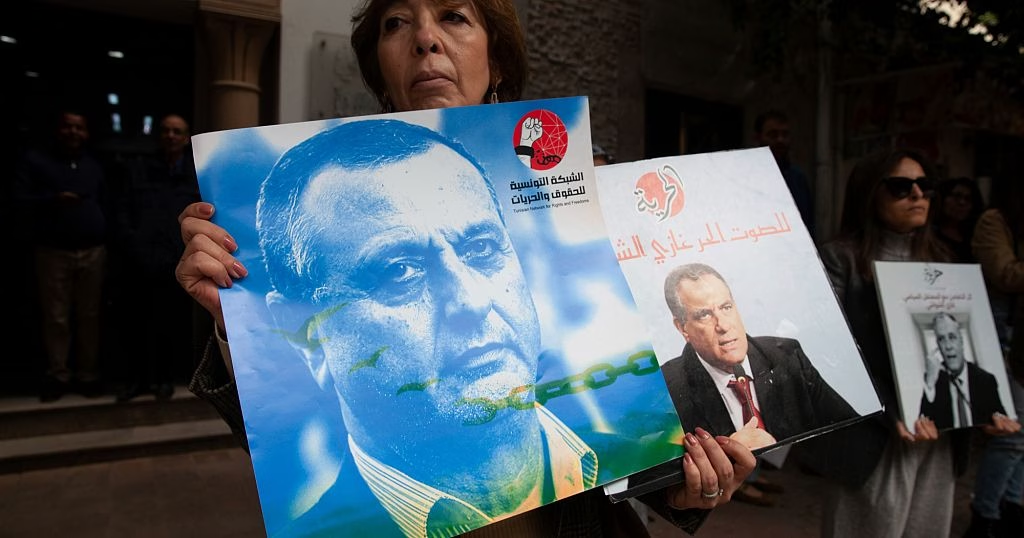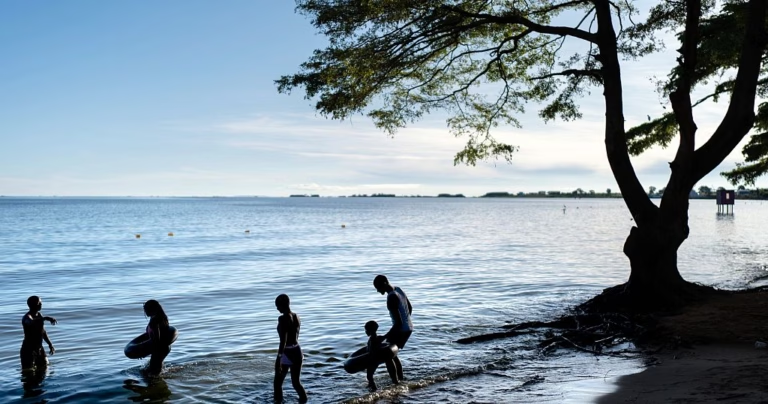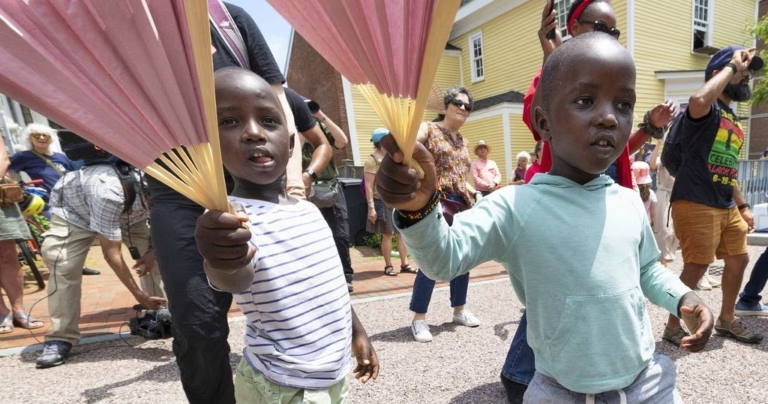
A group of 40 notable opposition members, involving politicians, attorneys, media figures, and business leaders, were put on trial on Tuesday in Tunisia on allegations of plotting against national security.
The Tunisia Primary Court commenced proceedings without nine of the detained defendants, who were absent. The court’s decision to conduct remote sessions was heavily criticized by defense attorneys and activists as a violation of the principles of a fair trial. Only those out on bail attended physically, while families of the detained and protesters outside the courthouse called for the presence of all defendants and demanded transparency.
Security measures were ramped up around the court as it filled with lawyers, political figures, and journalists. Outside, demonstrations intensified, with participants chanting, “Freedom, Freedom and No to Judiciary by Instructions.”
Lamia Farhani, a member of the defense committee for the detainees, articulated, "The most blatant irony is that at the pinnacle of power stands a president, an expert in constitutional law, who nonchalantly flouts the very laws he vowed to uphold. This hypocrisy will ultimately vindicate the detainees."
The trial has intensified divisions within Tunisia. Protester Ahlem, a citizen, expressed, "I’m here to support those detained for their opinions, those abducted and held beyond legal limits. We reject this sham of a trial that blocks the accused from facing their judges to defend themselves.”
However, not all Tunisians denounce the crackdown. Mohamed, a fish vendor in Tunis, blamed the defendants for the nation’s economic collapse: “I hope they receive life sentences. They destroyed our lives. Twenty dinars once filled our baskets; now 100 aren’t enough. Half of the nation is unemployed. They lied, stole, and ran away.”
His sentiments highlight the economic desperation fueling support for President Saied’s anti-corruption campaign among the working class.
The trial has drawn international criticism. Human rights organizations such as Amnesty International and Human Rights Watch have condemned the mass legal action, arguing it is part of a wider pattern of repression against dissenting voices.
In recent years, Tunisia’s political climate has grown more volatile, with Saied’s government and opposition groups clashing over accusations of authoritarianism. The crackdown, which has seen numerous critics arrested under vaguely defined security laws, is defended by Saied’s supporters as necessary to stabilize the country facing economic woes and corruption.
Tunisia is grappling with severe economic difficulties, including soaring inflation and restricted access to essential goods, which has stalled negotiations with the International Monetary Fund due to concerns over reforms and political instability.
As this trial progresses, concerns persist that its outcome will significantly impact Tunisia’s democratic future. The country, once hailed as the success story of the Arab Spring, has faced a continuous decline in democratic principles since Saied’s power grab in 2021.
The UN rights office has urged Tunisian authorities to stop the persecution of political opponents and protect freedoms of expression and assembly, a call that resonates with local human rights groups. The lack of transparency and the remote proceedings of the trial have cast doubt on the impartiality of the judicial system, kindling fears of politically motivated rulings.
The court is set to conduct periodic sessions in the coming weeks. Verdicts are likely to influence Tunisia’s already divided political landscape, and the absence of the detained defendants and remote proceedings have shadowed any claims of judicial neutrality, igniting concerns over politicized justice.
Despite the uncertain atmosphere, opposition figures and activists remain resolute. Calls for the liberation of detainees persist, and protests in support of the accused are expected to continue in the coming weeks.






